READY TO GET STARTED?
REQUEST A FREE ESTIMATE
Fill out the form below or call (888) 466-7849 for a free, no-obligation estimate.
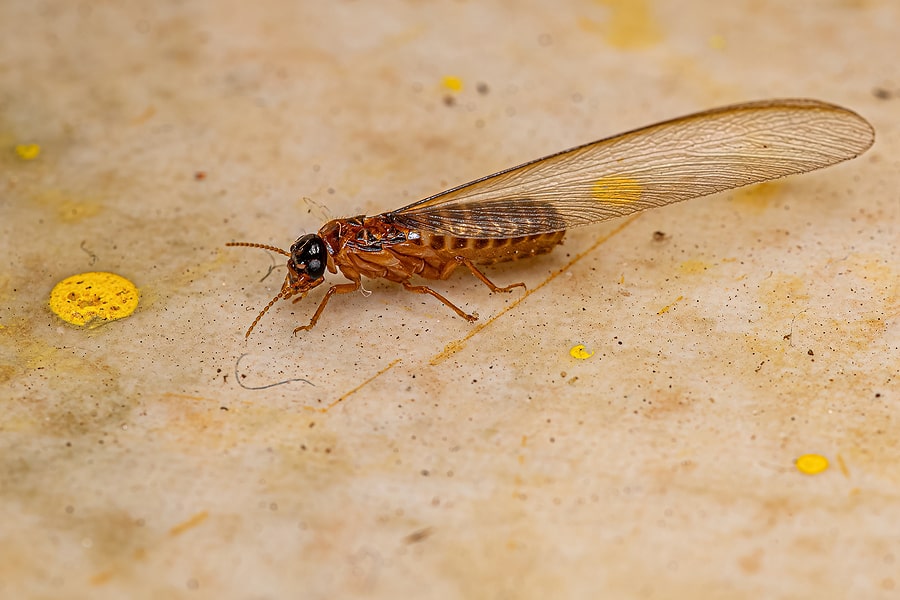
Termites can wreak havoc on your home, causing substantial and costly damage. These household pests are stealthy, often going undetected for long periods of time. Preventing termite damage is critical, and now is the time to get started.
Termites begin swarming in the South in early spring. So, if you don’t already have a termite control plan, now is the time to consider acquiring one. While swarming termites may not cause structural damage, they are an indication that a termite colony is active nearby. This might result in catastrophic structural damage to your property, resulting in repair expenses in the hundreds of thousands of dollars. Although spring and summer are peak swarming season, termites can be active year-round, especially in warmer climates like ours.
There are various techniques of termite management, and determining which one is best for your property can be difficult. After all, we’re talking about safeguarding one of your most valuable investments! Because termite damage isn’t usually covered by homeowners insurance, it’s imperative to not only get your property treated, but also to have a solid termite guarantee.
If you understand how termites work, you could try your hand at DIY termite control. There are a variety of options available for this, ranging from simple liquid barrier treatments to termite baiting systems. If you have any slabs linked to your home or a basement, this can be a difficult task. To keep termites out, a liquid barrier must be comprehensive with no gaps.
If you have active termites or damage, several pest control firms will offer a liquid treatment. This offers both immediate and long-term termite protection. Make sure your termite treatment comes with a decent warranty, especially one that covers termite re-treatments and any damage caused after treatment.
This method of termite treatment is great if your home is still under construction. The wood structure is coated with borates, which are soil elements that provide long-term termite protection while also repelling common domestic pests.
Baiting systems have been shown to be efficient at eliminating entire termite colonies underground around your home, are less invasive than liquid treatments, are suitable for both new and existing structures, and typically come with a lifetime warranty. It is also the most environmentally friendly solution to defend your home from termites, as it eliminates the need for hundreds of gallons of chemicals. Monitoring devices are placed strategically around your property’s perimeter. The stations have a bait tube that termites are drawn to.
If you have a problem with termites or any other household pests, contact your local pest control company for an evaluation.
Common Rats and Mice You Might See this Spring
Do Water Moccasins Swim on Top of Water?
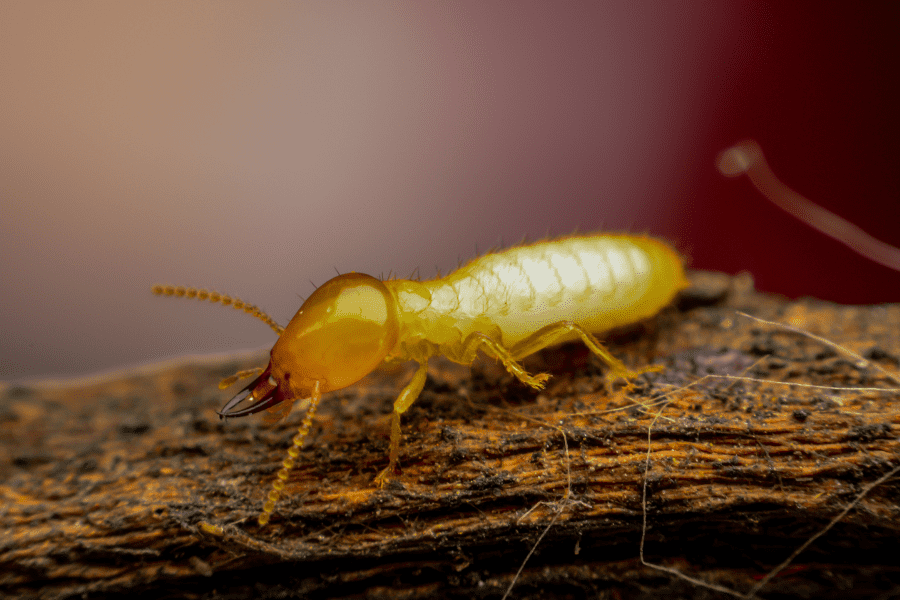
There are two factors to consider when looking at termite control: preventing them from infesting your home and treating established termite colonies. Termites are year-round pests and can go undetected for a long period of time, causing devastating damage in the process. There are several prevention methods to consider when looking to eliminate or prevent termites from your Laurens home.
One of the best and most effective ways to keep termites out is to remove any access inside your home, including gaps around water and gas lines where they enter your home. Likewise, inspect your foundation for cracks or openings and repair them immediately.
To survive, termites need wood and moisture. Eliminating these factors can help reduce your chance of a termite infestation. If you place mulch against your foundation for landscaping purposes, you could be attracting termites into your home. Mulch is a great source of food for termites as they retain any moisture. Try to minimize the use and keep it at least 15 inches away from the foundation. Additionally, if your crawlspace is experiencing a lack of airflow, it can create an ideal environment for these pests. Consider enclosing your crawlspace to prevent these termites and improve the overall health of your home by reducing moisture and decreasing humidity.
Termites can be tricky to control and eliminate! These pests will cause significant damage to your home, sometimes before you even realize they have infested. Placing preventative measures in your home to reduce the chance of a termite infestation will always help, but sometimes it’s best to leave it up to your local Laurens pest control company. These professionals can perform an annual termite inspection and provide you with the best termite control and prevention options for your home.
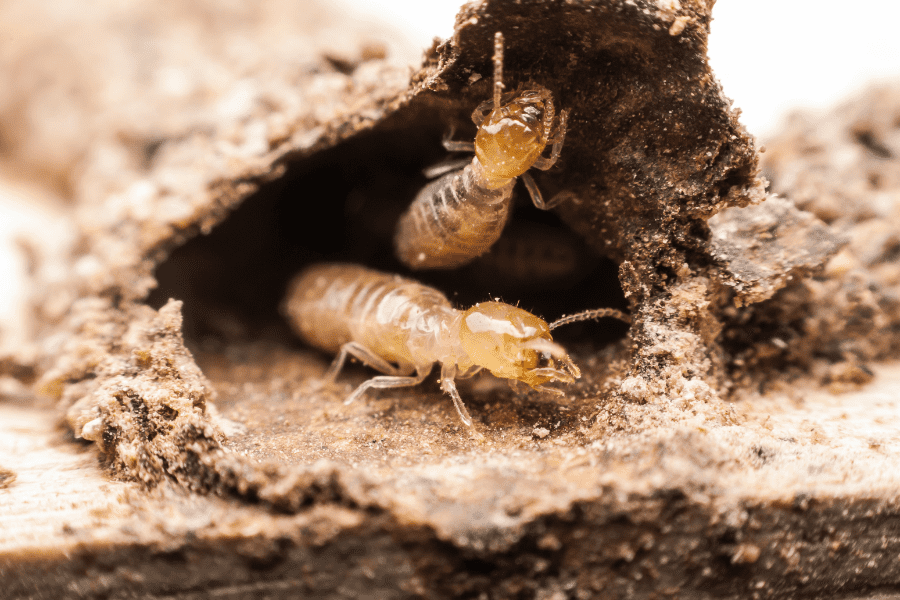
Termites are known as silent destroyers, meaning they can go undetected for a long period of time, making their destruction devasting. Common termite species, such as subterranean termites, will infest our Augusta homes and damage the infrastructure, costing billions of dollars in repair. It can be difficult to detect subterranean termites, often hiding until the damage is done, but it is possible. To prevent termites, every homeowner should recognize signs of termite infestations. Check out our top 5 signs of termites that you might see in your home:
Often found on exterior surfaces, subterranean termites create mud tubes that allow them to move back and forth between their nest and their food source, which is often your home. These tunnels help protect termites from any predators and provide moisture for survival. Usually, mud tubes can be found wrapped around walls, ceilings, and floors. Mud tubes are common signs of termites.
Sometimes, hearing noises is your first sign of a termite infestation. Often, if a termite colony has infested your home, you can hear a faint clicking or knocking sound coming from behind walls and other voids. Termites create this noise when a soldier termite bangs their head against wood or vibrates their bodies to signal damage to their colony. When you listen closely, you can also hear termites chewing through wood.
Have you noticed hollow wood inside your home or in trees throughout your yard? If so, this is a major sign that termites have established a colony on your property. These pests destroy wood from the inside out, leaving only a thin layer of wood behind. When checking for hollow wood, try tapping on the area in question. You’ll hear a hollow or paper sound, indicating an infestation. Other signs include blistering or bubbling paint in or near wood structures, including windows and door trims.
Frass is the name for the waste termites leave behind. When subterranean termites travel through wood, they will push debris and waste out behind them through tiny openings. You may notice small black marks or a dark powdery substance around the infested area with small piles of sawdust-like droppings. These sawdust droppings are frass and are usually the color of the structural wood infested.
The most obvious sign of a termite infestation is seeing the damaged wood itself. Floor, window, and door damage is a major indication that termites are inside. Another indication includes windows and doors not opening or closing smoothly. Take note of any floors that buckle or sag and have them inspected.
If you’ve noticed any of these termite signs or damage, consider contacting your pest control company for a thorough inspection and treatment plan before any more termite damage is done.
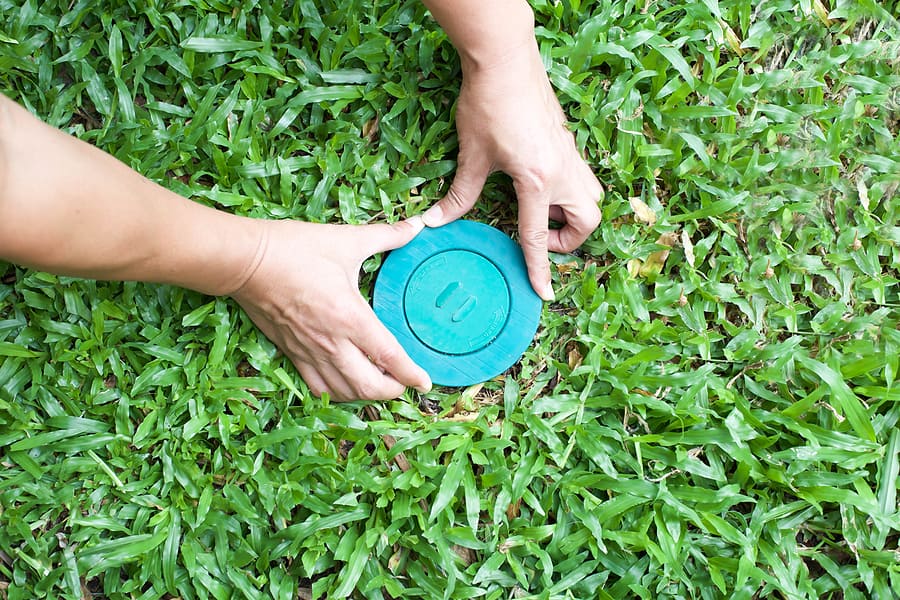
Termites are household pests that can cause significant damage in a short amount of time, leaving homeowners with costly repairs. In fact, most homeowner’s policies do not cover termite damage. There are two major types of termites that cause damage to homes: subterranean termites and drywood termites. The type of termite you are dealing with, along with the size of the colony and extent of the damage all determine what type of termite treatment will be most effective. Preparation of your home will depend on which treatment will be performed.
For liquid-soil treatment, a trench is dug around the perimeter of your home where termiticide is applied and then filled back in. For this type of treatment, no preparation is required.
Bait stations are strategically placed in the ground around your home. These treatments also do not require any preparation.
Fumigant treatments are the most extensive and also require you to prepare your home prior to treatment. During fumigation, a tent will be placed over your home and gas will be released, killing any termites that are present, even those in hard to reach areas. You can get your home ready for fumigation by:
Termites can be difficult to get rid of once an infestation has established. Contact your local pest control company for a termite inspection and appropriate treatment options.
Rodents to Lookout for this Winter
Are Spiders More Common In Winter?
When Does Swarming Season Begin?
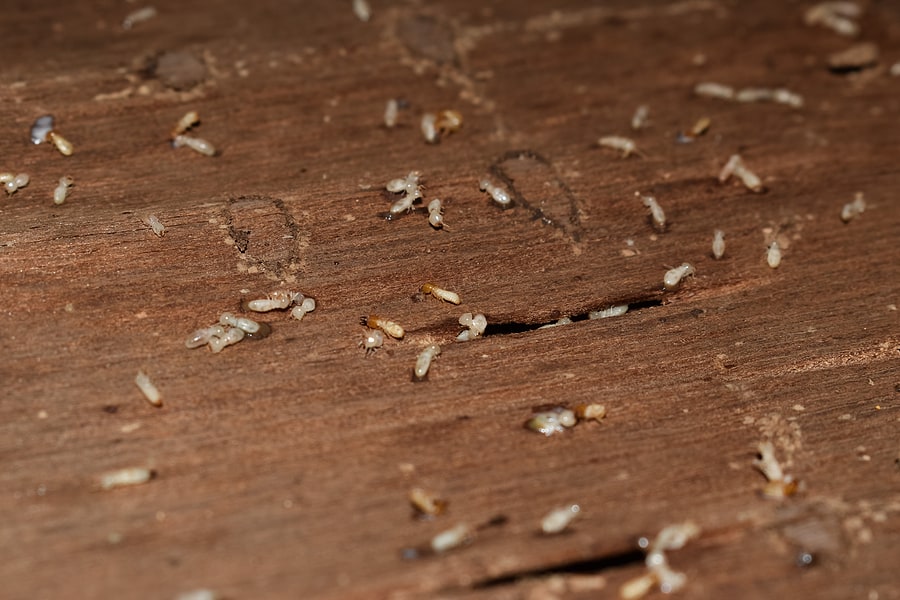
Termites are highly destructive household pests, causing billions of dollars in damages to homeowners annually. Most homeowner’s policies don’t cover termite damage. What options do homeowners have to protect themselves from these pests?
Two options that are available are a termite warranty and a termite bond. These terms are often used interchangeably but they are, in fact, different.
A termite warranty is similar to an insurance policy you take out against termites. It is insured by an insurance company and allows for more coverage against damages. These warranties will also include an agreement for ongoing monitoring and/or maintenance for the length of the warranty term. They also require the termite control company who provides it to treat for termites if they are found on their annual termite inspection during the warranty period. It can also specify if the pest control company will repair any damages from termites or if they will only retreat the home. Some warranties can even be transferred between homeowners (such as during the sale of the home) but others cannot be transferred.
Termite bonds are similar to warranties. The difference between the two is that bonds require the pest control company to hold a specified amount of money in a surety bond.
Some kind of protection against termites and termite damage is beneficial to homeowners. If you are interested in scheduling a termite inspection or taking out coverage against termites, contact your pest control company for more information.